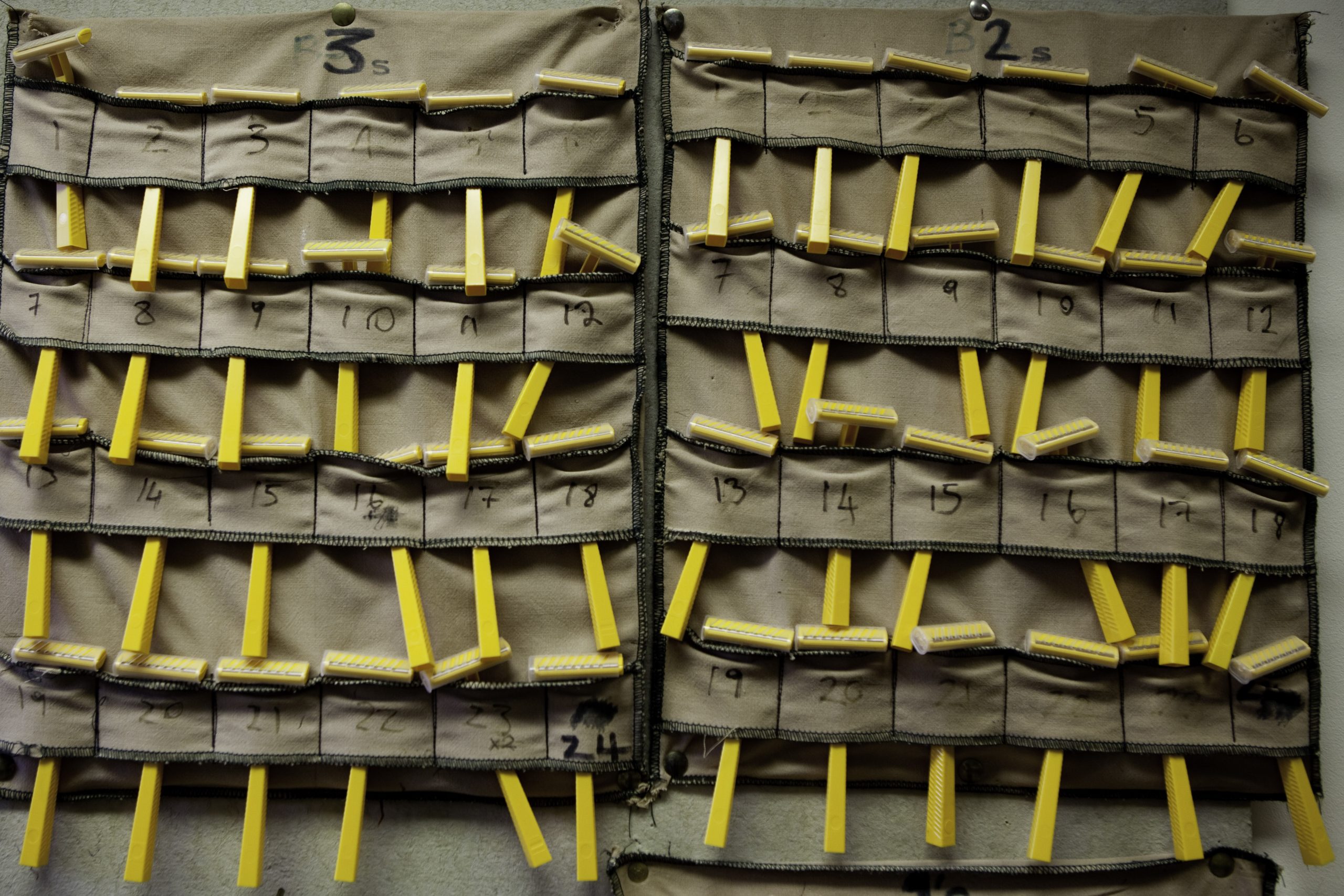Four in 10 boys in young offenders institutions are concerned about their safety
Four in 10 boys in young offenders institutions felt unsafe, according to a new report by the prisons watchdog. The HM Inspectorate on Prisons also revealed that almost a third of boys were not able to have a shower each day.
The report, commissioned by the Youth Justice Board, found that ‘far too many’ children were being locked in their cells for over 22 hours per day to extent that their ability to shower was limited.
At one young offenders institution (YOI), close to half of boys (48%) were locked up during the day when they should have been in education or training.
As of April 2016, there were 991 children in custody across England and Wales. Some held in YOIs, holding only boys aged 15 to 18 years, and others in secure training centres (STCs) holding boys and girls aged 12 to 18 years. However, more vulnerable boys ended up in YOIs due to lack of places in STCs.
Safety was a major issue with all of the secure institutions for young offenders in England and Wales being deemed unsafe, compared to three in 2013-14. The chief inspector Peter Clarke wrote that the ’speed of the decline [of Young Offenders Institutions and Secure Training Centres] was extraordinary’. Almost four out of 10 (39%) of boys in YOIs felt unsafe, and over a fifth of the children in STCs felt unsafe. Disabled boys were three times as likely to report feeling unsafe compared to other respondents.
The report found marked disparities in terms of race and ethnic background, with 10% of children in custody identifying as Gypsy, Romany or Traveller compared to 0.01% of the population. Gypsy, Romany, Traveller children were almost three times more likely to have ever felt unsafe during their time at the centre than other young offenders.
BME children were similarly overrepresented in YOIs, making up almost half (48%) of the population, the highest rate ever recorded. Close to six out of 10 of BME children (58%) reported being segregated, compared with 43% of non-BME children.
In terms of religion, Muslim boys were more likely to be restrained than non-Muslims and four times as likely to be victimised by staff because of their race or ethnic origin.
Frances Crook, chief executive of the Howard League for Penal Reform, said the annual report ‘Once again’ presented ‘an appalling picture’. ‘If we treated animals like this, it would be a national scandal,’ she said.






